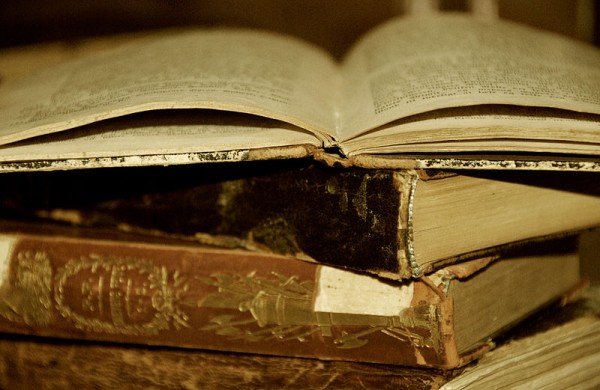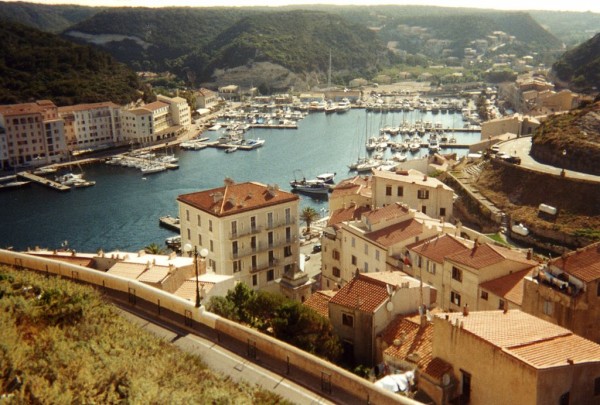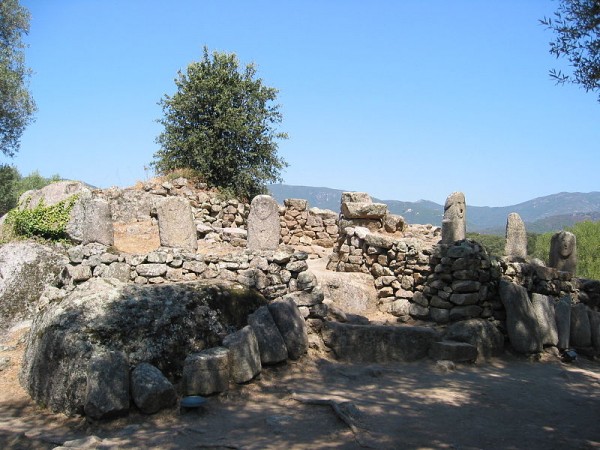3 Fantastic German Novels and the Authors Behind Them
Posted on September 25th, 2014by
In German | Leave a Comment »
Germany and Austria have produced some of the most amazing minds in literature. As you read German fiction you will notice it often takes a bitterly realistic turn towards the darker side of life; the subconscious, death, sadness, the ugly side of human nature. Not all German fiction is dark though. German fiction by its nature is existential, and is supposed to make you question your world view, and your position in it. Deep to the core, German literature will leave a lasting impression. Check out our list of German authors and their books that you should definitely read:

Photo by Lin Kristensen
Charlotte Roche – Feuchtgebiete (Wetlands)
Charlotte Roche is a British-German author and television presenter who currently lives in Germany. A wild child of sorts, she had her own band which fell apart rather quickly. After that she began experimenting with shock entertainment, delving into self mutilation in order to paint with blood, and even more recently, offering to sleep with the German president, Christian Wulff if he agreed to veto a law that would extend the life of nuclear reactors.
Her novel Feuchtgebiete (Wetlands in English) is an amazingly intense novel. It’s sexual to the extreme and so graphic at points you may find yourself putting the book away. It was Amazon’s best selling novel in 2008, and it’s easy to see why. Feuchtgebiete pushes every boundary you can imagine while still staying within a comfortable reality. It is perverse, hilariously funny, and heartbreakingly sad. You will cringe, and you will feel incredibly confused and slightly attracted to the characters and stories in this novel, and because of that it is definitely not to be overlooked.
Franz Kafka – Die Verwandlung (The Metamorphosis)
Franz Kafka was so influential and revolutionary with his writing that you may be familiar with the term Kafkaesque, which is often used to describe situations or works of fiction that have a bizarre, nightmarish or illogical quality about them. Kafka was not actually German: he was born to Jewish parents in what is now Prague but was at the time part of the Austro-Hungarian Empire. Kafka studied to be a lawyer and worked at an insurance firm after graduating. He initially began writing short stories in his spare time, though as time passed he considered it to be his true calling. Very few of his works were actually published before his death, and he asked that his manuscripts be destroyed on his death bed. His wishes, however, were never carried out, and much of his work was published posthumously.
Die Verwandlung, (The Metamorphosis) is one of Kafka’s most famous and most bizarre works of fiction. It was published in 1915 and tells the story of a travelling salesman named Gregor Samsa, who wakes up one day to find he has been turned into a giant insect. Kafka doesn’t give a reason for the transformation and simply goes on to tell the struggles Samsa has in trying to adapt to his new body in a world where his family is repulsed by his transformation. It’s a little heavy, but an amazing read. It bounces back and forth from idea, to stream of consciousness, with a mixture of the completely bizarre contrasted with everyday life. This strange novella is definitely a must-read for the adventurous.
Alfred Döblin – Berlin Alexanderplatz
Döblin is a huge figure in the German modernist movement. His writing varied in genre from historical fiction to sci-fi. He wrote novels, plays, letters and essays on religion, politics, art and society. The entirety of his works is enormous, and were written and published between 1915 and 1945.
Born in Poland to a Jewish family, he moved to Berlin when he was 10 years old and lived there until he was forced into exile when the Nazi party rose to power. Once World War II began, he fled to Los Angeles and converted to Catholicism. After the war he returned to West Germany and, following that, went to France where he died.
Berlin Alexanderplatz was written in 1915 and is one of his most important works. It’s a chaotic novel that tells the story of Franz Bieberkopf. Bieberkopf has been through some serious stuff, all of which you find out about as the story unfolds, but all we know for sure is that he’s trying to reform himself and it is not an easy task. The novel is written as if you are inside Bieberkopf’s head, experiencing everything as he experiences it. Döblin leaves nothing out, from the things Bieberkopf sees to the flashbacks he experiences. The novel takes you on a pretty intense ride, but the twists and turns make it completely worth it. You’ll find yourself wondering if the people in Bieberkopf’s life are the problem, or if Bieberkopf should shoulder most of the blame. Either way, the novel is a fantastic, albeit sometimes difficult, read.
All of these novels are available in German as well as English for those beginner German speakers out there. Being able to read the work in the original German is always better, so why not contact us to see what courses we have available for you in your area?



